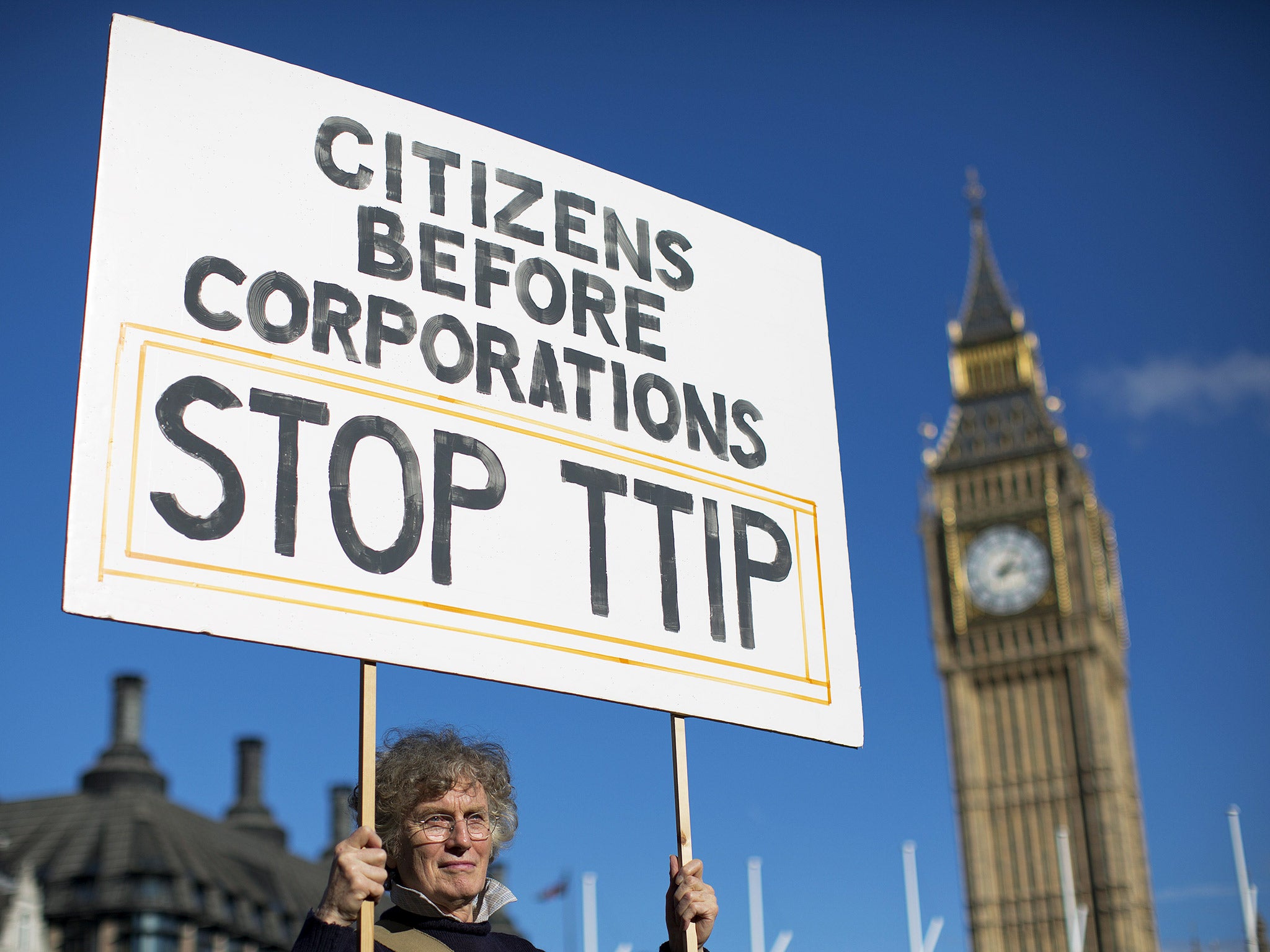Our EU referendum debate has been hijacked by xenophobes and money men – here's what we should really be talking about
There are real problems with the EU, but so far they've had almost no mention


Your support helps us to tell the story
From reproductive rights to climate change to Big Tech, The Independent is on the ground when the story is developing. Whether it's investigating the financials of Elon Musk's pro-Trump PAC or producing our latest documentary, 'The A Word', which shines a light on the American women fighting for reproductive rights, we know how important it is to parse out the facts from the messaging.
At such a critical moment in US history, we need reporters on the ground. Your donation allows us to keep sending journalists to speak to both sides of the story.
The Independent is trusted by Americans across the entire political spectrum. And unlike many other quality news outlets, we choose not to lock Americans out of our reporting and analysis with paywalls. We believe quality journalism should be available to everyone, paid for by those who can afford it.
Your support makes all the difference.What have we learnt so far from the debate on our upcoming EU referendum? We know that UKIP wants to zip up our borders, huddle in a corner, and pretend the rest of the world doesn't exist. We also hear all the time about what business wants from Europe – fewer regulations and fewer protections for workers.
But outside of the discussion, which has been monopolised by xenophobes and boardroom interests, are millions of ordinary British people who want a proper debate about the merits of staying in or leaving the European Union.
There are strong arguments for staying in. I support the free movement of people that has benefited many Brits who have lived, worked or retired abroad. After all, this EU agreement has also helped us fill skills shortages in our workforce – something made necessary by insufficient investment under successive governments in vocational training and lifelong learning provision.
That said, the EU could and should be doing more on certain issues. Like many others I want to be working in co-operation with our neighbours on issues that cannot be managed within our borders, such as tackling climate change. The pork barrel politics of the common agricultural policy also need urgent reform. As it stands, taxation from Europe's citizens is subsidising the incomes of some of the continent's wealthiest landowners, including our own.
The EU is too beholden to corporate interests, and the behind-closed-doors negotiations over the Transatlantic Trade and Investment Partnership (TTIP) confirm this. This poses a huge threat to our environmental standards, consumer protections and workers' rights.
What's more, there is clearly a democratic deficit when even elected members of Parliament don't have access to papers being discussed, and when the proposals include a supra-national and unaccountable judicial system to arbitrate on trade policy. And I'm also concerned by the direction and advance of EU foreign policy development with all new member states required to join NATO, which suggests both a militaristic turn in Europe and the block that puts on an independent foreign policy.
Many people are rightly worried by the Conservatives' eagerness to argue away our hard-won human rights, and protections like the working time directive, as "EU red tape". Some people see Europe as a force for social protection, against a UK government that wasted public money taking a failed legal challenge against EU plans to put modest restraints on bankers' bonuses.
The near million people who have supported the Robin Hood Tax campaign likewise ask why the UK stands apart from those 11 European nations seeking to take forward a financial transactions tax that could deter bad banking practice and raise billions for social good. I was among only 25 MPs who backed it in a parliamentary vote in 2011.
There is a lot wrong with the European Union, a lot of change needed, but I want to hear from the British people about what sort of Europe they want – discussing all these issues and more.
My fellow Labour leadership candidates differ on whether Labour should join a cross-party Yes campaign or run an independent one, but I think it pre-empts the debate. I want Labour to set its own agenda and use this pre-referendum period to discuss this across the country.
My party needs to engage its members and wider society, and welcome a wide-ranging debate. That process needs to start now. If we don't, we vacate the space to the narrow agendas of UKIP or corporate boardrooms, leaving most people disenfranchised, and Europe and the UK a poorer place for it.
Join our commenting forum
Join thought-provoking conversations, follow other Independent readers and see their replies
Comments